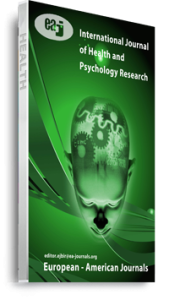The purpose of this paper is to attempt a critical appraisal of the pace, practise, pattern, priorities, problems and prospects of Nigerian democracy. While it remains true that Nigeria is governed by democratically elected leaders at the federal and state levels, Nigeria is yet to institutionalise democracy after a century of existence as a political entity. The paper discusses some of the impediments to the institutionalisation of democracy in Nigeria after more than half a century of political independence. Some of these are the country’s colonial background interspersed by vagaries engendered by deep-rooted ethnicity; complacent and spendthrift leadership; incessant intervention of the military in the democratic process; electoral fraud; wide spread poverty and high illiteracy level. The paper argues that the pivot around which most of the factors listed above revolve is corruption which has virtually become a way of life in Nigeria. The paper however contends that the above notwithstanding, the prospect of a politically stable and democratically viable nation is marked by people’s eagerness to participate in the electoral process; the relative stability and sustenance of multi-party system and the general realisation in the country that the only acceptable and popular route to the acquisition of political power is the ballot box. The paper obtains its data from primary and secondary source materials and employs the historical method of data analysis – simple descriptive collation and analysis of historical data
Keywords:

